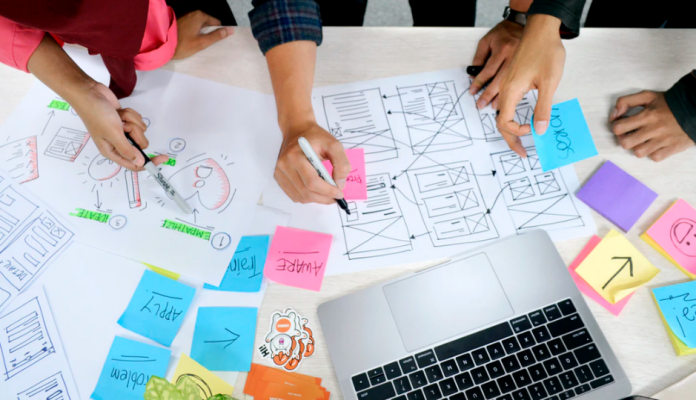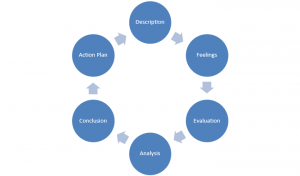Let’s say you end up having junk food for every dinner despite knowing the adverse impacts on your health. After a few days, your health deteriorates, and that is how you realize that having junk food every night wasn’t a good idea. That means you learned the negative effects of unhealthy foods from the experience you had, and that is what Gibbs’ reflective cycle is all about.
People often learn best from experiences. The cycle explains how hard it can be for people to learn anything unless they reflect on their experiences. According to expert essay writers, one can use Gibbs’ reflective cycle to help people make sense of situations, especially at workplaces.
What is the Gibbs’ Reflective Model?
‘It is not sufficient simply to have the experience to learn. Without reflecting upon this experience, it may quickly be forgotten, or its learning potential lost. It is from the feelings and thoughts emerging from this reflection that generalizations or concepts can be generated, and it is generalizations that allow new situations to be tackled effectively.’ (Gibbs 1988)
Graham Gibbs developed the Gibbs’ Reflective Cycle in 1988. This cycle gives structure to learning from experience. It provides a framework for reflecting on repeated experiences and learning how to make things better in the future.
Gibbs’ Reflective Model looks like something like this
The Six Stages Of Gibbs Reflective Cycle
As you can see above Gibbs’ Reflective Cycle consists of six stages. Each stage helps you examine your experiences on a deeper level. Let’s check out all the six stages in detail to get a solid grip on the Gibbs’ Reflective Cycle.
1. Description
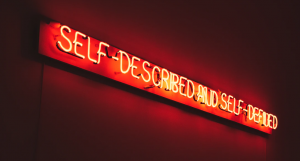
This is where you examine a brief description of the experience that you had. This stage helps you set the scene and provides context for the overall cycle. You can analyze some background information too in this stage, like where you were working or who was there with you during the experience. Make sure you don’t identify any individual places or people.
Here are the questions to ask to describe the situation in detail
- What happened?
- Where did it happen?
- When did it happen?
- Who else was present?
- What did you do during the event?
- What did other people do?
- Why were you there?
- What was the outcome of that situation?
- What did you intend to happen initially?
You may have to write different types of assignments based on Gibbs’ Reflective Cycle. In that case, do not beat around the bush while collecting the background information. You have the questions ready. Just find relevant and straightforward answers to these questions.
2. Feelings

This is where you need to consider your feelings before and after the experience. Discuss the feelings and thoughts related to the experience in this section. Make sure the emotions you talk about in this section are honest but not offensive, especially if you are writing an academic piece of writing.
Here are the questions to ask regarding the feelings before and after the experience
- What were your feelings during the situation?
- How did you feel before the situation?
- How did you feel after the situation was over?
- What about other people’s feelings about the situation?
- What do you think they feel about the situation now?
- What were your thoughts during the situation?
- What are your thoughts regarding the situation now?
Remember, this is a short descriptive step and not an analytical one. Discuss your emotions, feelings, and thoughts in this section without analyzing them in detail.
3. Evaluation

Look at how well things went while evaluating the incident in your nursing or psychology paper. You may need relevant theories and other authors’ work for an in-depth evaluation of the situation in this section. This is where you look at both the positive and negative aspects of the experience.
Here are the questions to ask while evaluating the experience
- What was good and bad about the experience?
- What went well, and what didn’t go well?
- In what ways did you contribute to the situation, positive or negative?
- Did other people contribute too? If yes, how?
This stage requires you to examine ALL the things that worked and didn’t work in the situation. You are expected to provide honest and objective opinions in this section.
4. Analysis
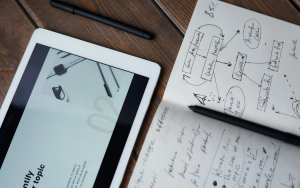
By this stage of the cycle, you are aware of the background details, feelings, positive and negative aspects of the situation. Finally, it’s time to analyze what could have helped the situation. Also, analyze why the situation arose in the first place and the factors that could have hindered the same.
Here are the questions to ask while analyzing the experience
- Why did things go well?
- What made things not go well?
- What sense can I make of the overall situation?
- Is there any knowledge from the academic literature that can help me assess the situation?
You have focused on the ‘why’ of the situation till now. This stage lets you find meaning from it and forms the largest section of your reflection. If other people were involved in it, consider their views and reactions as well. Were they similar to yours? If not, why? Find out.
5. Conclusion
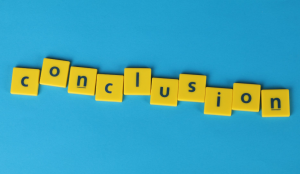
You are almost done with learning from an experience or a situation. So, now it’s time for you to think if you could have done anything else during the event or in the situation. The conclusion is where you summarise all that you have learned from the entire experience.
Here are the questions to ask while concluding the cycle
- What else could I have done?
- Which skills do I need to develop to deal with a similar situation like this one?
- What did I learn from this incident?
- Could this have been a positive experience for everyone in some other way?
You make conclusions about what exactly happened during the incident. You summarise your learnings here and highlight the significant changes that can improve the outcome of this situation in the future. Remember, the conclusion should be a natural response to the actions already done.
6. Action plan
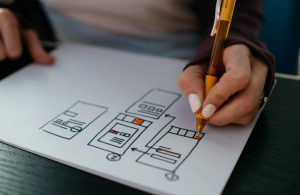
At this stage, you decide how you would deal with a similar situation like this one in the future. First, sum up almost everything that you think you should do to improve similar situations or incidents next time. Then, think about how you would act differently to handle such situations without causing the same old outcome.
Here are the questions to ask while writing the action plan
- What would I do differently if I had to do the same things again?
- How to ensure that I can act differently next time?
- How to develop the skills I need to tackle such situations?
Let’s say you opted for online essay help services but got scammed instead. So, your action plan for this situation would be something like this:
I could read the reviews first the next time I think of getting online academic help. I could also seek advice from my friends who have experience in this matter.
This is all about the Gibbs’ model. So, if you are asked to write a reflection about a specific incident in your psychology or nursing assignments, use this Gibbs’ Reflective Model. Include all the stages while you reflect on the incident.
Wrapping Up
Gibbs’ Reflection Model is quite simple if you understand the purpose of each stage in this cycle. You start with describing the incident along with some relevant background details, followed by stating your feelings, evaluation, and analysis of the incident. After you are done with the analysis, you can sum up what you have learned and draft an action plan for better outcomes in the future. Please comment below if the blog is useful and follow up with E-Business Blog for further updates about business, technology, and another lifestyle.


































